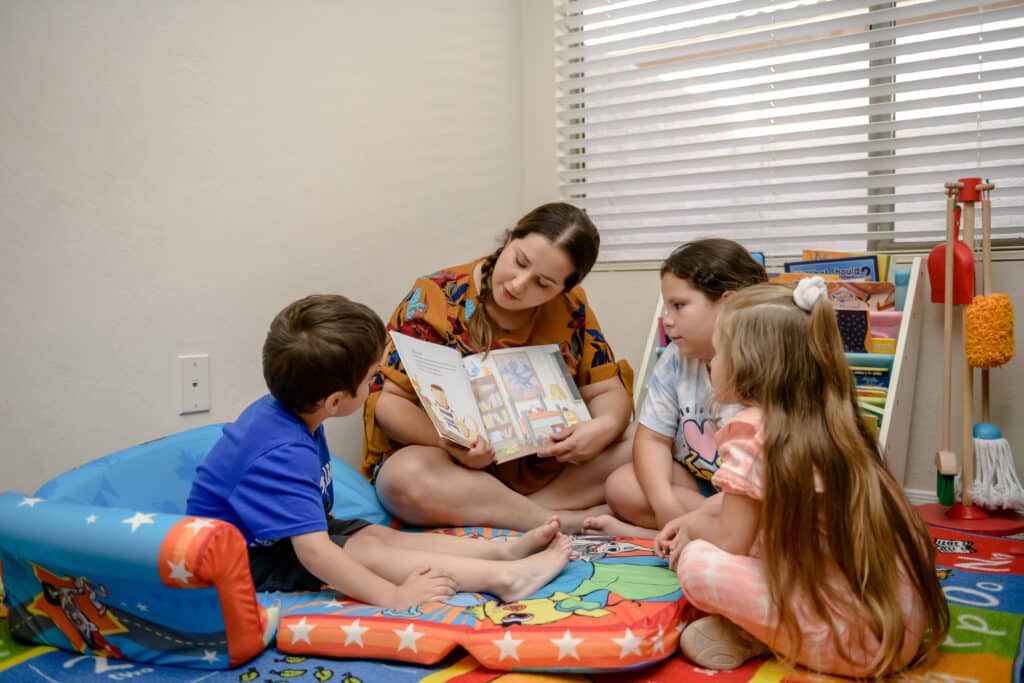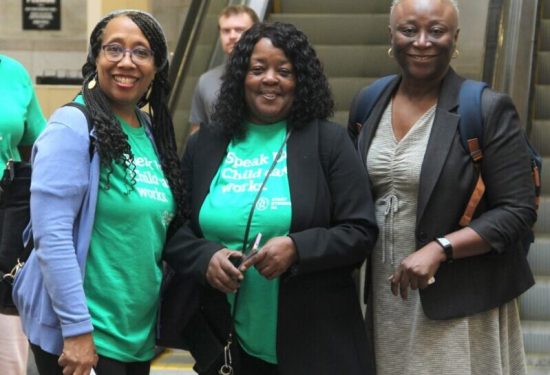On Wednesday, September 14th at 3:00-4:00 Eastern (12:00-1:00 Pacific) Home Grown and the Erikson Institute hosted a session on the newly released Network Benchmarks and Indicators. Together, the benchmarks and indicators represent a picture of what a high-quality network strategy can look like. In this session we explored the 11 quality benchmarks, their development from research and best practice, and potential use cases for administrators, funders, network staff, and supporting organizations.
Panelists for this discussion include:
- Juliet Bromer, Research Professor, Herr Research Center, Erikson Institute
- Marina Ragonese-Barnes, Research Analyst, Herr Research Center, Erikson Institute
- Toni Porter, Early Care and Education Consulting
- Kristy Smith, Associate Director: Home-Based Child Care Team, Delaware Institute for Excellence in Early Childhood
- Sara Mickelson, Director, Early Childhood Initiatives Harris County Office of County Administration
- Natalie Renew, Executive Director, Home Grown
- Karen Tylek, Director of Program Operations, Home Grown



